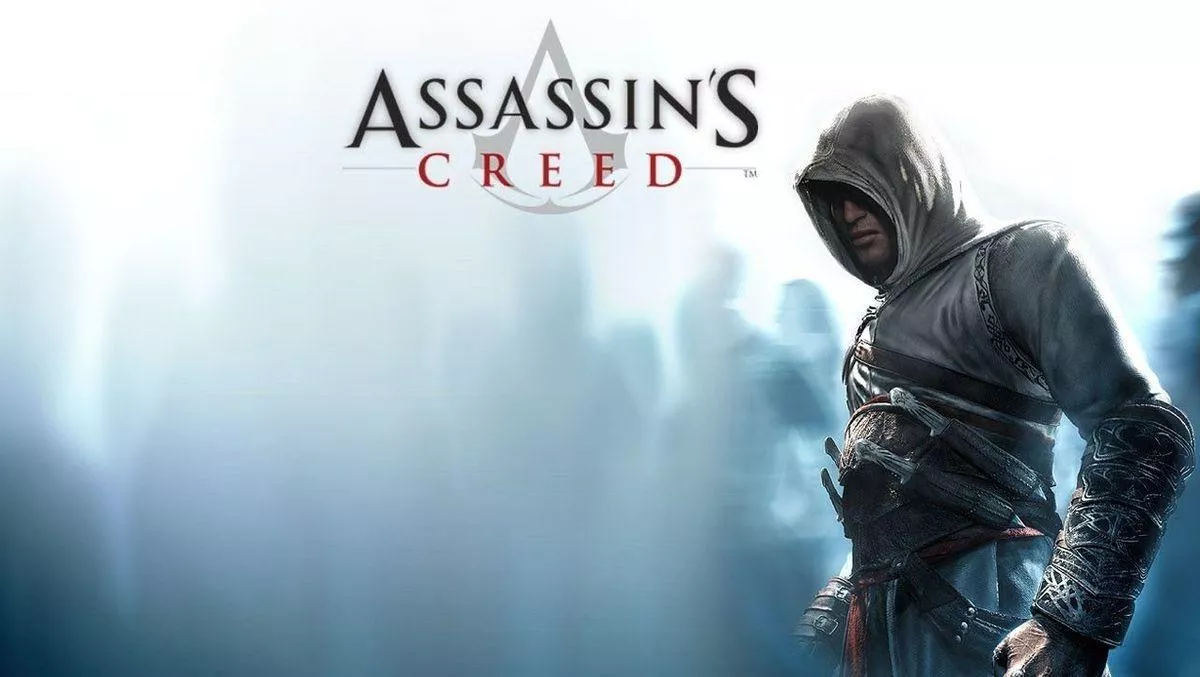
Game review: Assassin's Creed: Revelations
Assassin's Creed Revelations brings to a close the story of Ezio Auditore da Firenze. Over the last two years, and though three games, we have followed the Italian nobleman from adolescent playboy to master assassin.
Ezio's adventures have taken him from his hometown of Florence to Venice and on to Rome itself. This closing chapter sees Ezio, now middle-aged, journey to the capital of the Ottoman Empire, Constantinople.
The Assassin's Creed series is really in a class of its own when compared to its peers. Whilst the game is for the most part played in a rich, well-researched historic setting, at its heart it is a work of science-fiction. The idea is that we all hold within our DNA the genetic memories of our forbearers. Modern-day bartender, Desmond Miles, is the descendant of a line of Assassins going all the way back to Altaïr ibn-La'Ahad, an assassin who lived in the Holy Land during the time of the Crusades.
The assassins were sworn to protect civilization from the Knights Templar, who (and this is where historic fact gives way to fantasy) wish to use ancient high technology to shape the course of human civilization to serve their aims. This shadow war between the Templars and assassins had been going on for centuries when the Templar-owned corporation, Abstergo Industries, kidnaps Miles and connects him to a device called the animus which lets him live out the memories of his ancestors.
I'd be lying if I told you that the plot of Assassin's Creed was a simple affair; it's one of the most complex tales ever told via the medium of video game. That being said, thanks to the geniuses at Ubisoft, the player can take from the games what he or she wishes. This means even though Assassin's Creed Revelations is the fourth game in the series, players can still jump in and play. If you want to delve into the esoteric lore of the game you can, but if you just want to run across the rooftops of a gorgeously modelled medieval city and do the missions without worrying about all the history and details, you can do that as well.
While the game picks up Miles' story straight after the events at the end of Assassin's Creed: Brotherhood, the historic setting of Ezio's story moves forward ten years, from Rome to Constantinople in the year 1511. This allows new players to jump straight into a new chapter in Ezio's life, whilst veterans of the series can continue the adventure.
The Assassin's Creed series' gameplay is a mixture of stealth, exhilarating rooftop free-running and street-level combat (that admittedly sometimes starts and ends on the rooftops). All this is set within some of the most detailed and richly populated cities ever seen in videogames. Later games in the series introduced more puzzle-based platform elements; all this gameplay goodness returns for Assassin's Creed Revelations.
I found the he opportunity to visit 16th Century Constantinople very welcome: a return to the more exotic Middle-Eastern flavour of the first game, rather that the Italian setting of the last two. Ubisoft have once again allowed us to dip our toes into a gloriously realised videogame-cum-pseudohistory lesson. Whilst the game plays fast and loose with historical facts in order to create an interesting narrative, the rich feel of the locale and all that is going on still comes across as rather authentic.
The game's graphics have been further polished up this outing, making me wonder where Ubisoft finds all this extra graphics processing power each year. Metal armor shines so realistically it almost hurts your eyes when the sun catches it; cloth is also beautifully rendered, which is a good thing as it allows us to fully appreciate the exotic fabrics of the era in all their splendour. Environmental effects have also been jazzed up, with misty streets and smoking incense burners.
Ezio has been provided with some new toys to help him get about Constantinople. Parachutes, awarded to players later on in the previous game, are this time available right from the start of the game. Whilst the parachutes allow Ezio to get around faster, it is his new hook-blade that really speeds things up. The hook-blade not only enables Ezio to climb more efficiently, but he can also use it to slide along conveniently located cables between rooftops. These new items go some way towards making up for the absence of horses in the game, which made getting about Rome so quick in the last instalment.
From memory, Assassin's Creed: Brotherhood shared the same menu and control system as its predecessor. It does seem strange that Revelations, the last game in this chapter of the franchise, departs from the established template. It's not what I'm used to and seems to be change for the sake of change. Again, whilst Brotherhood streamlined the combat, allowing for more satisfying and dynamic clashes, the combat in Revelations has been further tweaked, again in a manner that I'd suggest actually over-simplifies things.
The Assassin's Creed multiplayer mode introduced in Assassin's Creed: Brotherhood returns once more. Again, the multiplayer mode isn't simply shoehorned into the game; it is actually integrated into the wider Assassin's Creed mythos. You are an elite agent of Abstergo sent into the animus with other agents. The more you play online and level up, the more of Abstergo's story gets revealed.
The multiplayer game is an acquired taste, especially if you are more used to the run and gun antics of first person shooter multiplayer games. The various different game types really boil down to simple cat and mouse affairs .Players take on the role of assassin or target, and sometimes both. Deaths occur suddenly, as assassins carefully stalk their prey, making for some nail-biting gameplay. It is about as far removed from the normal point and shoot antics of the Call of Duty fraternity as you can get. Thankfully, Ubisoft have included several training areas and tutorials to ease in new players.
All in all Assassin's Creed: Revelations offers more of the rich gameplay that we expect from Ubisoft. The only disappointment is that in some places it doesn't seem to hold up as well as its predecessors. Minor tweaks, no doubt implemented with honorable intensions, actually detract from the experience players enjoyed in previous installments. But it may be that Ubisoft are just victims of their own success; they have raised the bar so high with their previous efforts that my expectations are unlikely to have ever been accommodated. After four games, it is almost unreasonable to expect such a fresh experience as previously delivered.
My criticisms aside, Assassin's Creed Revelations is still a far superior game to most. If I wanted to excuse Ubisoft for the gameplay alterations, perhaps the need for a change of pace is justified by this game being the third act of a three-part narrative structure; things calming down and losing intensity as the story draws to a close and reaches its resolution.
For a fan of the series, buying Assassin's Creed: Revelations is a no brainer. For newcomers, whilst the game is a standalone episode in Ezio/Desmond's adventures that holds plenty of enjoyment, I think it probably best to start with the (now bargain priced) earlier installments, before moving on to this final chapter in Ezio's career.
Graphics: 9.5
Gameplay: 8.5
Sound: 9.0
Lasting appeal: 8.0
Overall: 8.5
Played on Xbox 360


